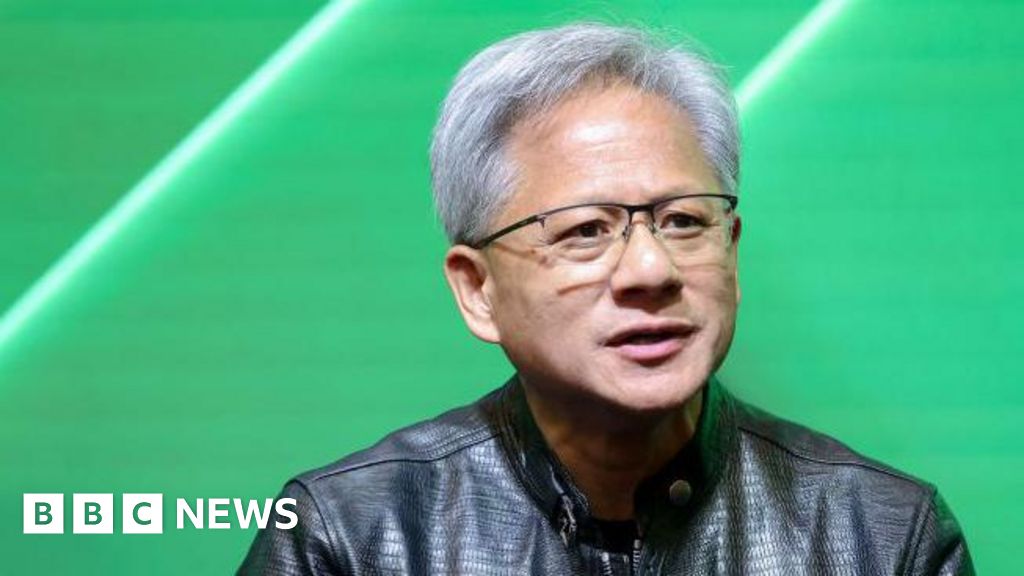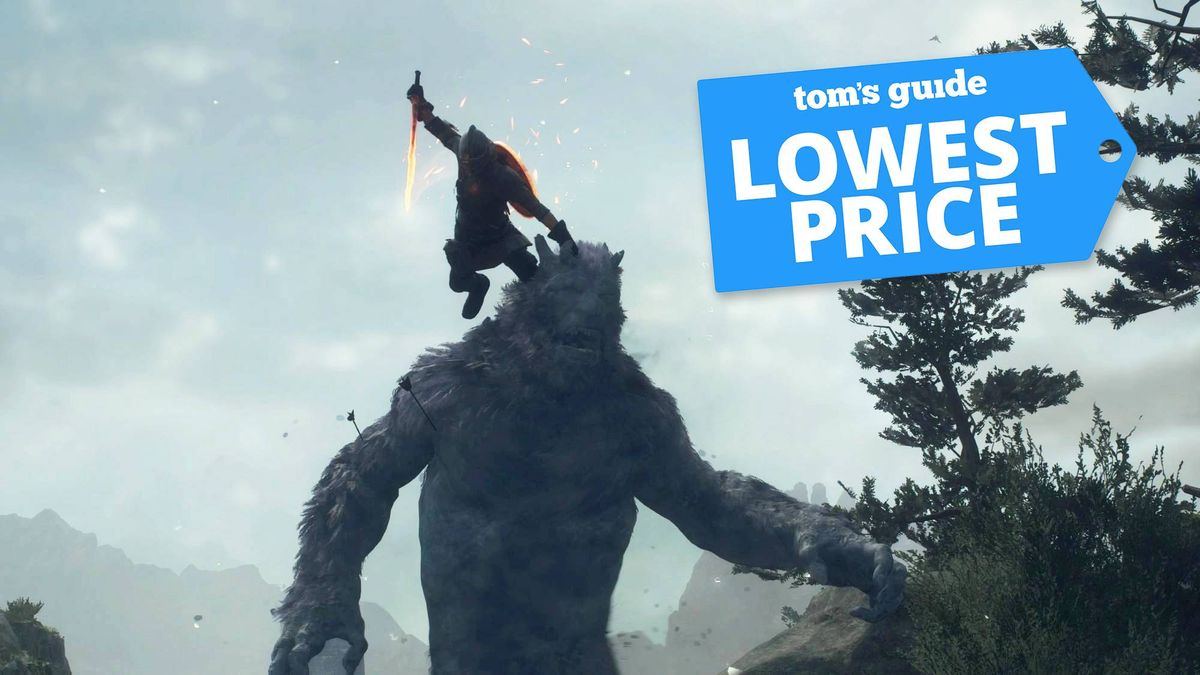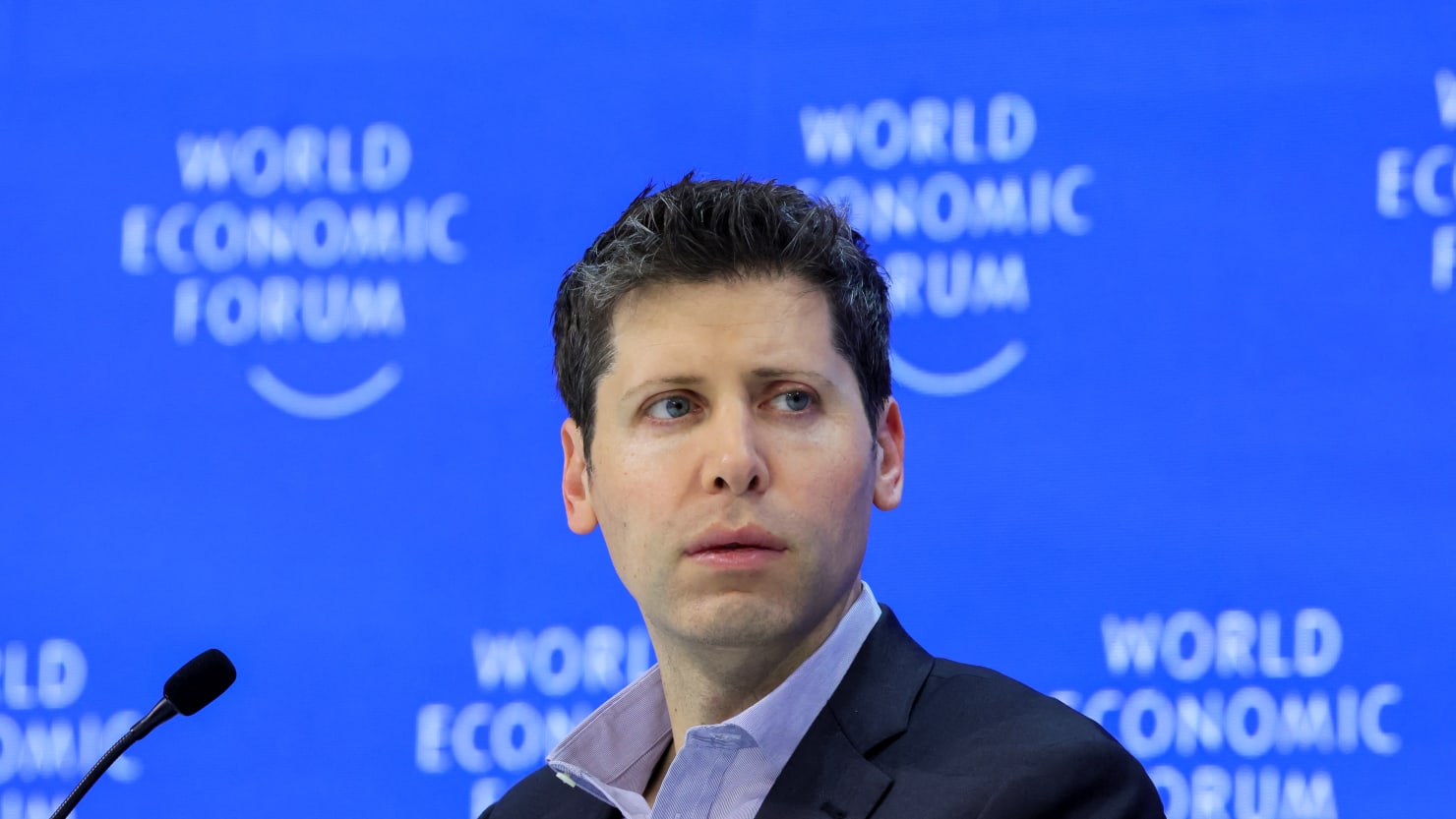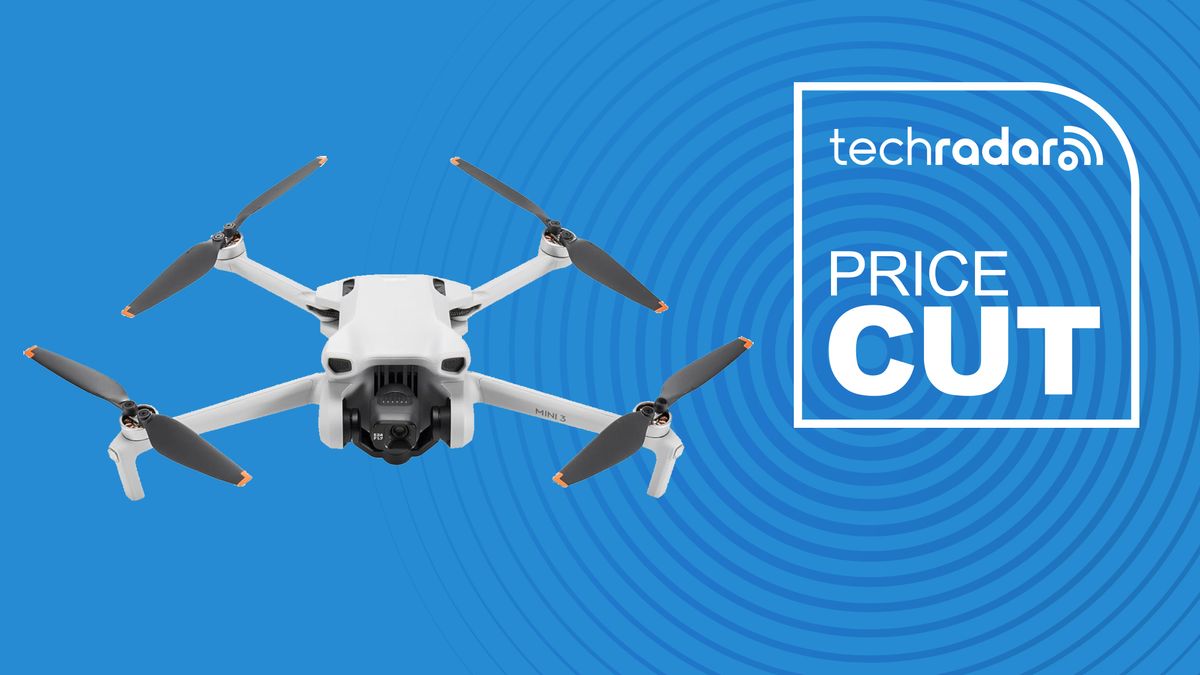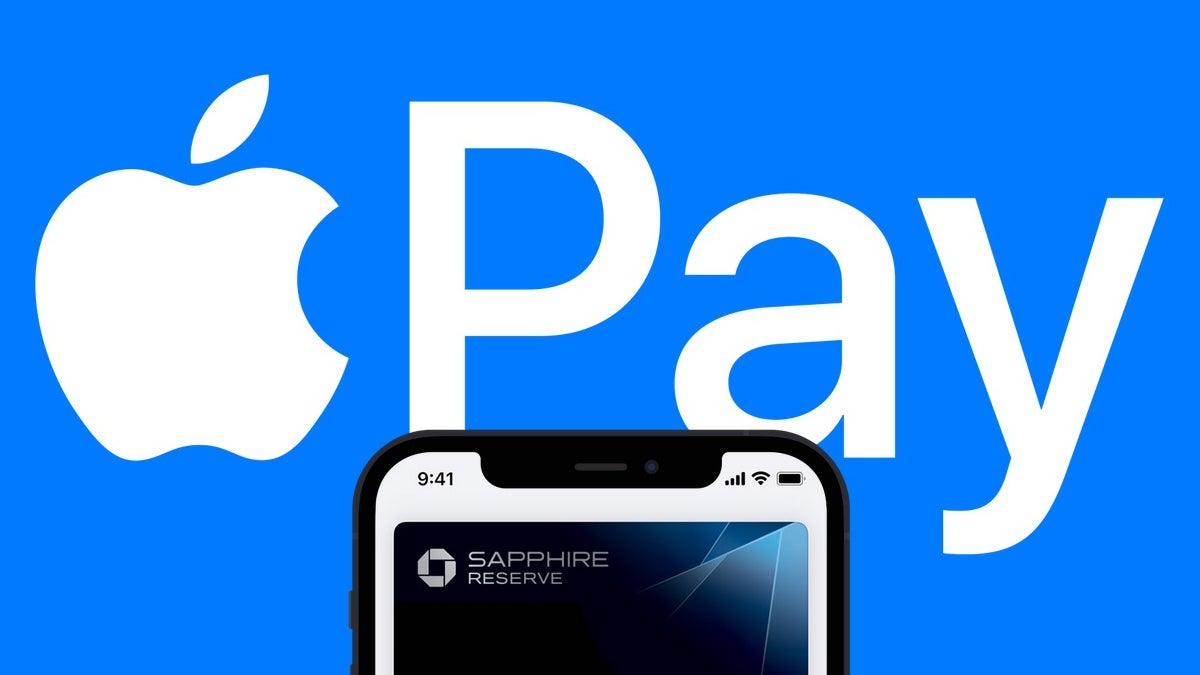Image source, fake images
- Author, Zoe Kleinman
- Role, Technology Editor
Last month, artificial intelligence chip giant Nvidia briefly became the richest company in the world, surpassing Microsoft, which had in turn surpassed Apple.
When this news was mentioned on stage at a tech industry event I attended in Copenhagen, there was spontaneous applause from the audience.
As I write, Nvidia has slipped back into second place, after a fall in its share price reduced their combined value to $3tn (£2.4tn), compared with Microsoft’s $3.4tn.
Two things have propelled these two American tech titans to dizzying heights: artificial intelligence and foresight.
Microsoft began investing in OpenAI, the creator of the popular AI chatbot ChatGPT, in 2019. Meanwhile, Nvidia boss Jensen Huang pushed his company toward AI chip development years before generative AI burst onto the scene.
Both companies have made long-term bets on the current boom in artificial intelligence, and so far they have paid off, leaving their former leader, Apple, behind. But how long will it last?
This year’s London Tech Week, an annual event for the UK tech scene, might as well have been called London AI Week. The letters AI were emblazoned on every stand and uttered at every speech.
I met Anne Boden, the founder of Starling Bank, a major disruptor in the fintech space. She was excited.
“We thought we knew who the winners and losers were. [in tech]“But with AI, we’re rolling the dice again.”
She believes she is seeing how the AI revolution is reshaping the tech sector and wants to dive back in.
That same week I also attended the Founders Forum, an annual gathering of around 250 high-level entrepreneurs and investors. Lots of money, in other words. It’s a confidential event, but I don’t think I’ll get in too much trouble for saying that much of the talk there was also focused on AI.
Life comes at you really fast.
Image source, fake images
“Given how high valuations of tech companies have been, the looming mistakes could cause big swings in share prices,” warns Susannah Streeter, head of money and markets at investment firm Hargreaves Lansdown.
“As with the dotcom bubble, excessive enthusiasm risks leading to disappointment.”
In 2023, you would have been forgiven for thinking that anything with the acronym AI (artificial intelligence) in it was guaranteed to open a lucrative vein of funding, with investment dollars flowing into all things AI.
My friend Saurabh Dayal, who lives in Scotland, identifies AI projects that his investment firm could potentially collaborate on.
He said he soon grew tired of the deceptive pitches.
“I spend a lot of time saying, ‘But that’s not AI,’” he tells me.
It seems that both investors and customers are finally becoming more aware of the term AI and, as a result, are more demanding.
There is also growing awareness that current generative AI products are not living up to their own expectations: there are inaccuracies, misinformation, displays of bias, copyright infringements, and some content that is just plain weird.
And early AI-enabled physical devices, like the Rabbit R1 and the Humane Pin, have received poor reviews.
“We’re seeing the market around generative AI maturing a bit at the moment – early experiments generated a lot of hype, but when the theory bottomed out there were too many unexpected results,” says Chris Weston, chief digital and information officer at technology services company Jumar.
“Businesses place a lot of value on the goodwill, trust and peace of mind their customers have in their services. Introducing uncontrollable chatbots is a step too far for many at this point.”
Technology analyst Paolo Pescatore agrees that AI companies are under a lot of pressure to deliver on their promises. “The bubble will burst the moment one of the giants fails to show significant growth in AI,” he says.
But he doesn’t think that will happen anytime soon.
“Everyone is still fighting for position and all companies are basing their strategies on AI,” he adds.
“All players are stepping up their activities, increasing spending and achieving early successes.”
Image source, fake images
There is another reason why the AI bubble could burst. It has nothing to do with the quality of the products or their market value, but whether the planet itself can afford them.
A study published last year predicted that the AI industry could consume the same amount of energy as a country the size of the Netherlands by 2027 if growth continues at its current rate.
I interviewed Professor Kate Crawford from the University of Southern California for the BBC’s Tech Life podcast, and she told me that worrying about how much electricity, power and water would be needed to power AI was keeping her up at night.
Dr Sasha Luccioni of machine learning company Hugging Face is also concerned.
“There simply isn’t enough renewable energy to power AI right now – most of that bubble is fueled by oil and gas,” he says.
The hope is that the technology can be used to identify sustainability solutions, such as the secret of nuclear fusion, the way the sun gets its energy. But that hasn’t happened yet, and in the meantime, “AI systems are putting enormous pressure on energy networks that are already under enormous pressure,” adds Dr Luccioni.
With so much uncertainty, few should bet against another shakeup among the world’s richest companies. But right now, Apple has a race on its hands to catch up with Microsoft and Nvidia in the artificial intelligence race.
